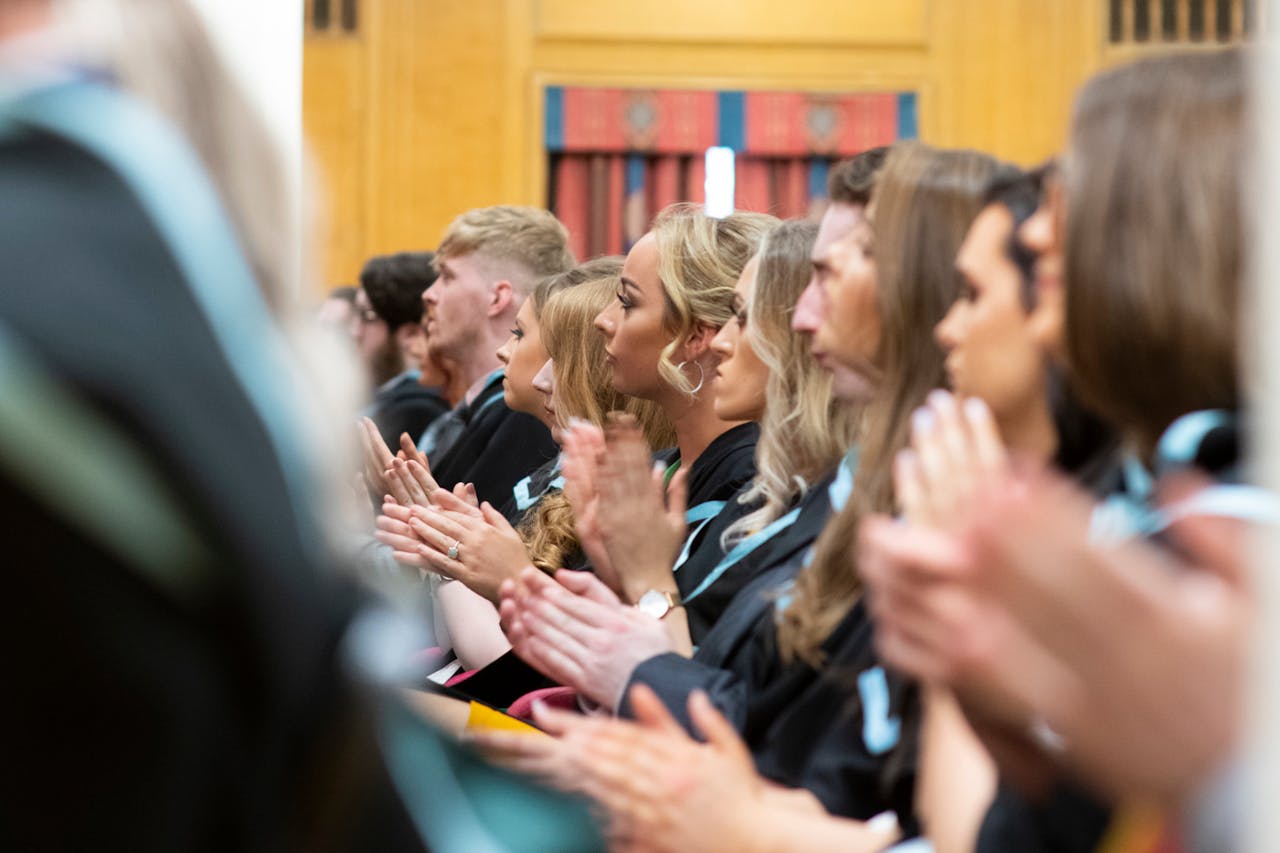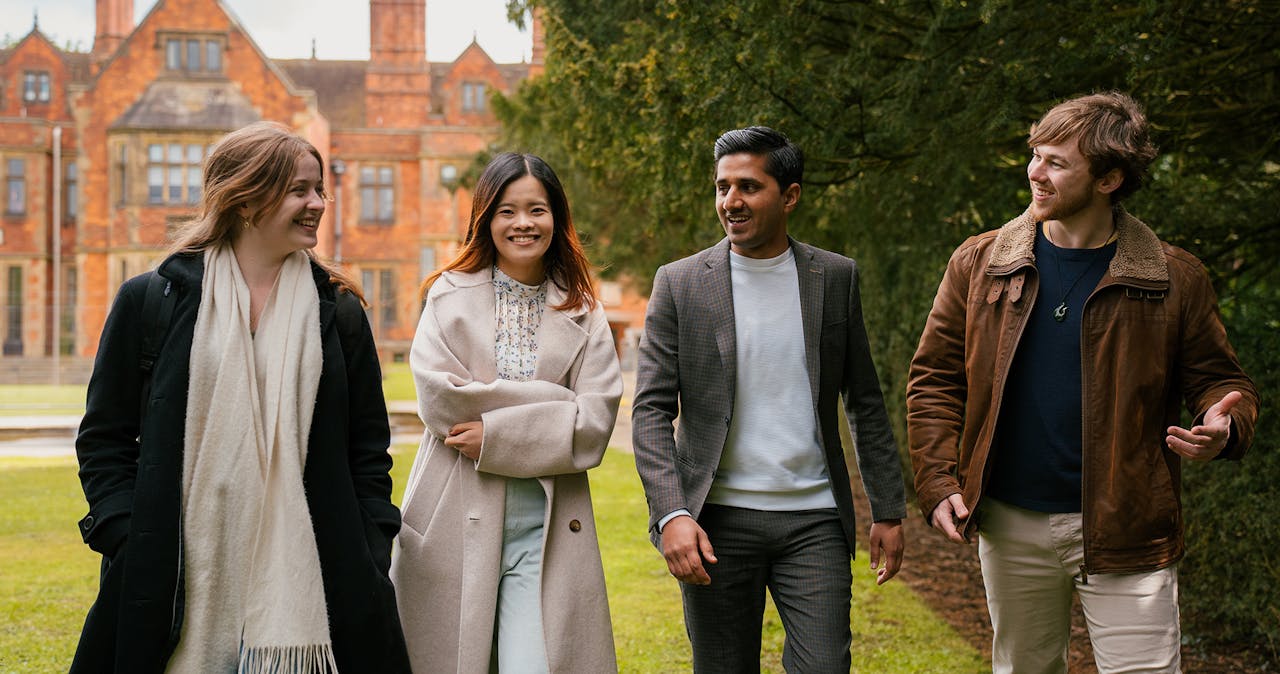Whilst it’s still a little too early for most students to be applying, UCAS applications for the 2023 entry cycle are already open. Students you support who are finishing Year 12 or S5 may already be putting together their applications and making choices about where to apply.
You might have heard from UCAS that some new questions have been added to the application for 2023 entry onwards. In this article I run through some of these questions so you can understand more about what your students might be asked.
Free School Meals
UCAS have introduced the following new question on Free School Meals (FSM) status:
Are you currently receiving free school meals, or have you been in receipt of free school meals during your secondary education? Yes/No/Don’t know
Most of your students should have a fairly clear sense of whether or not they have been in receipt of FSM. The criteria for FSM varies across the different UK nations. In England, children are entitled to FSM if their parents or carers are in receipt of certain means tested benefits. FSM in England tend to end after Year 11 (except in the fairly rare case of those 16-19 year olds who may be in receipt of benefits themselves), so students are likely to be thinking back to before Year 12 or 13. You may be able to support students in answering this question by letting them know if your school or college records indicate that they have been in receipt of FSM in the past. You may have records which indicate whether or not students have been identified as ‘pupil premium’. The vast majority of pupil premium pupils are likely to have been in receipt of FSM, though pupils can also be flagged as pupil premium if they have been adopted from care.
In England, the FSM status of every state school pupil is held in the Department for Education’s (DfE) National Pupil Database. Recently, the DfE have started sharing this data with UCAS who can then make it available to universities. The FSM question on the UCAS application gives applicants the chance to self-identify as being in receipt of FSM and universities will then be able to verify these declarations using the DfE data.



